Signs Your Car's Brakes Need Inspection: Don't Overlook These Warning Signals
Your car's brakes are its most critical safety feature, responsible for bringing your vehicle to a halt safely and efficiently. However, over time, the various components of your braking system can wear down or develop issues, compromising their effectiveness. Recognizing the warning signs that your brakes need attention is essential for maintaining road safety and preventing accidents. Let's delve deeper into the key indicators that suggest your car's brakes need inspection and potential issues they might indicate.
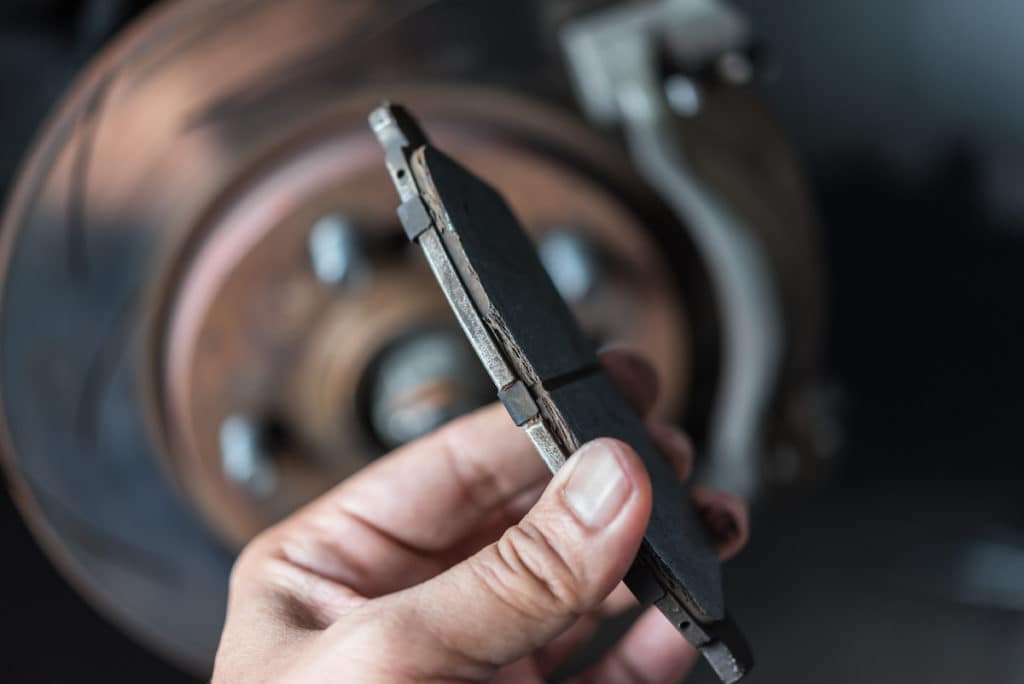
1. Squealing or Grinding Noises:
When you press the brake pedal and hear high-pitched squealing or grinding noises, it's often a sign that your brake pads are worn down. Most modern brake pads are equipped with a small metal shim called a wear indicator. When the brake pads wear down to a certain level, this indicator contacts the rotor, producing the squealing sound. If ignored, the grinding noise can result from metal-on-metal contact between the worn brake pads and the rotor, leading to significant damage and reduced braking performance.
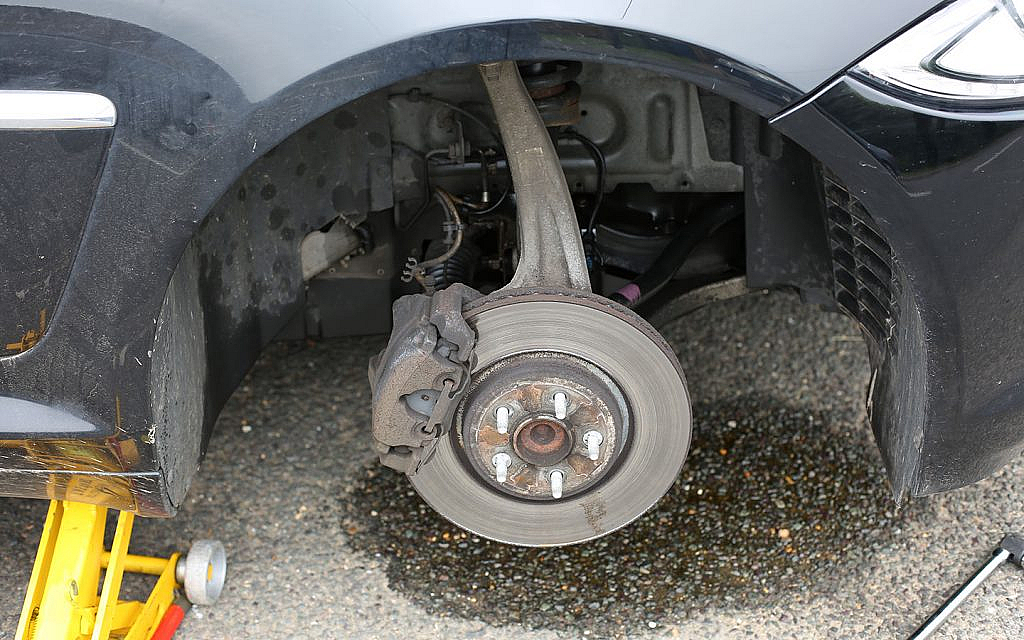
2. Soft or Spongy Brake Pedal:
A brake pedal that feels soft or spongy underfoot indicates potential issues within the braking system. This sensation can be caused by air or moisture in the brake lines, worn brake pads, or a failing brake master cylinder. Air in the brake lines creates a compressible fluid, reducing the effectiveness of hydraulic pressure and resulting in a mushy brake pedal. Addressing this issue promptly is crucial to ensure responsive braking and maintain vehicle safety.
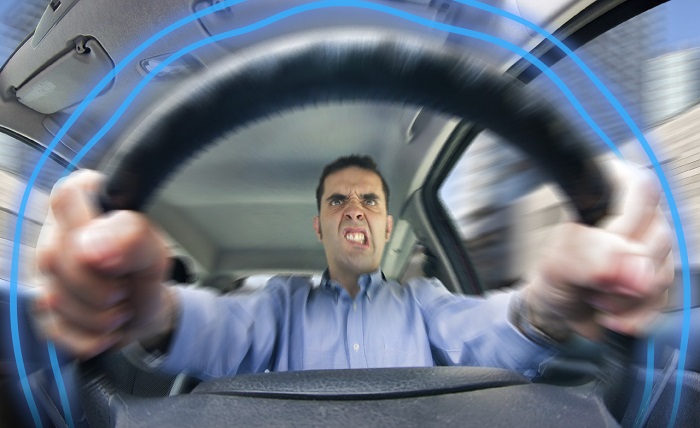
3. Vibration or Pulsation:
If you notice vibration or pulsation in the brake pedal or steering wheel when applying the brakes, it may indicate warped brake rotors. Warped rotors can develop due to excessive heat buildup during braking, uneven brake pad wear, or improper installation. This issue not only compromises braking performance but also leads to uneven brake pad wear and decreased fuel efficiency. Ignoring warped rotors can result in further damage to the brake system and pose safety risks.
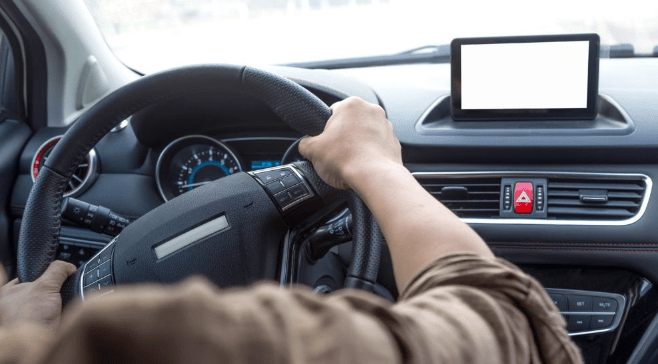
4. Pulling to One Side:
When your vehicle pulls to one side during braking, it suggests an imbalance in the braking system. Possible causes include uneven brake pad wear, a stuck caliper, or a brake fluid leak. Pulling to one side affects vehicle stability and handling, making driving more challenging, especially during emergency braking maneuvers. Addressing this issue promptly is essential to maintain control over your vehicle and ensure safe driving conditions.
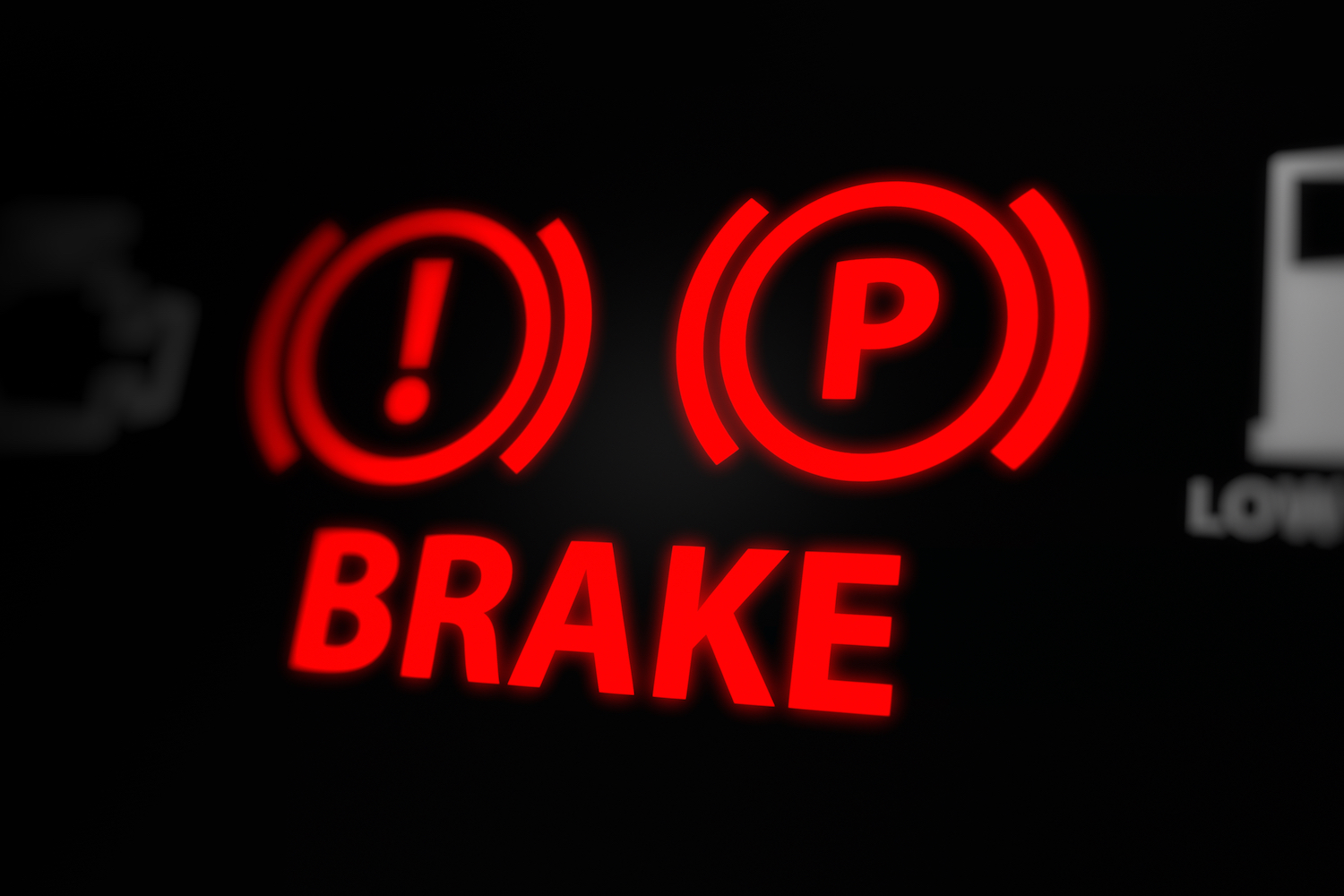
5. Dashboard Warning Light:
Modern vehicles are equipped with advanced onboard diagnostic systems that monitor various vehicle systems, including the brakes. If the brake warning light illuminates on your dashboard, it indicates a problem with the brake system that requires immediate attention. This could range from low brake fluid levels to malfunctioning brake components. Ignoring the warning light can lead to further damage and compromise vehicle safety.
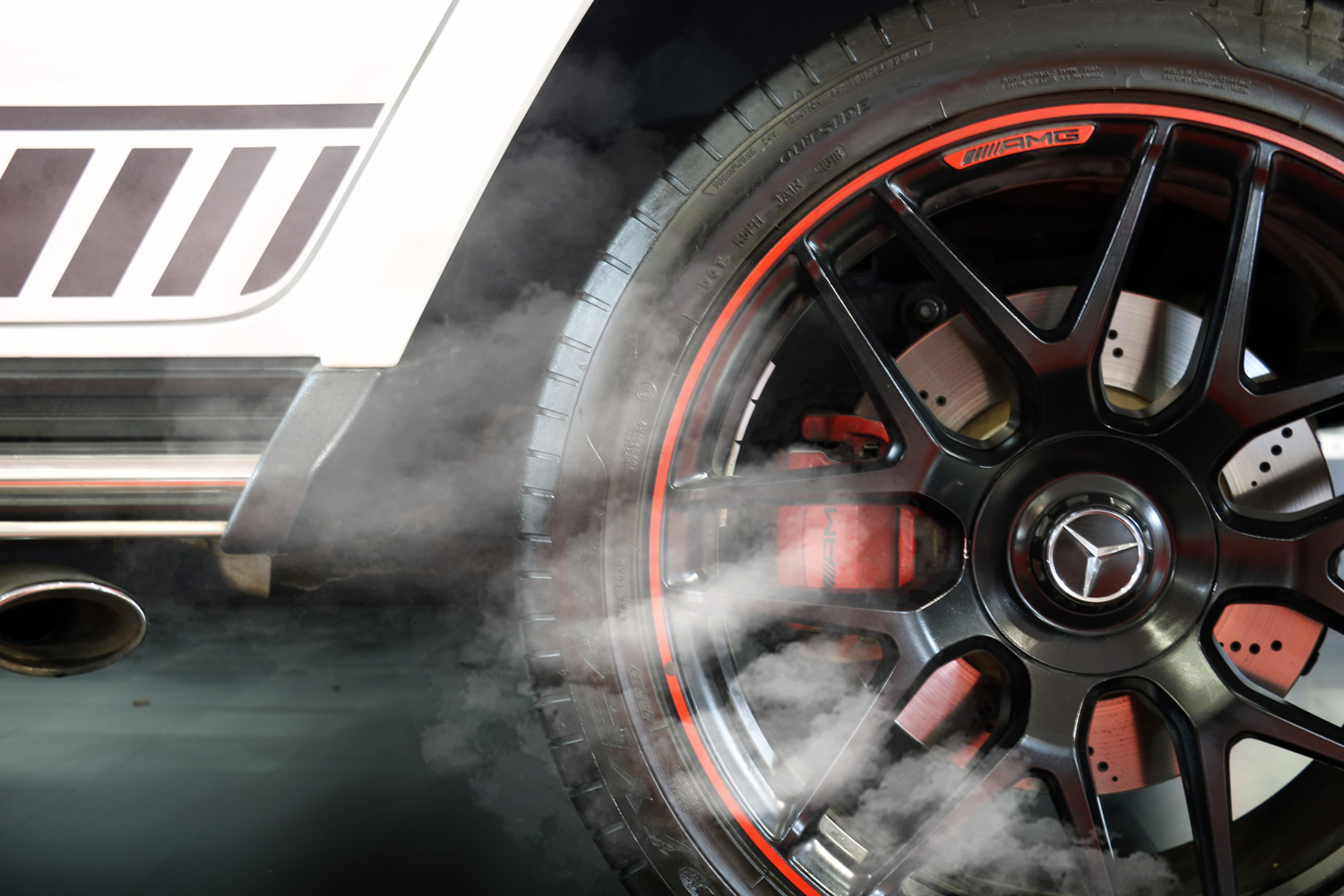
6. Burning Smell:
A burning smell, especially during heavy braking or prolonged driving, can signal overheating brake components. Overheating can occur due to prolonged or aggressive braking, worn brake pads, or a stuck brake caliper. Continued driving with overheated brakes can lead to brake fade, a phenomenon characterized by reduced braking performance and increased stopping distances. If you detect a burning smell, pull over safely and allow your brakes to cool down before inspecting them or seeking professional assistance.

7. Longer Stopping Distances:
If your vehicle takes longer to come to a stop than usual or if you notice an increase in stopping distances, it's a clear indication that your brakes need attention. This could be due to worn brake pads, brake fluid leaks, or air in the brake lines, all of which compromise braking effectiveness. Longer stopping distances increase the risk of accidents, especially in emergency situations, emphasizing the importance of addressing brake issues promptly.
Maintaining your car's brakes in optimal condition is essential for safe driving and vehicle performance. By recognizing the warning signs discussed above and addressing them promptly, you can ensure that your brakes remain responsive and reliable when you need them most. Regular brake inspections and maintenance are crucial for identifying potential issues early and preventing accidents on the road. Don't overlook these warning signals—your safety and the safety of others depend on it.
Also Read: Maruti eWX patented in India; second EV after eVX incoming?